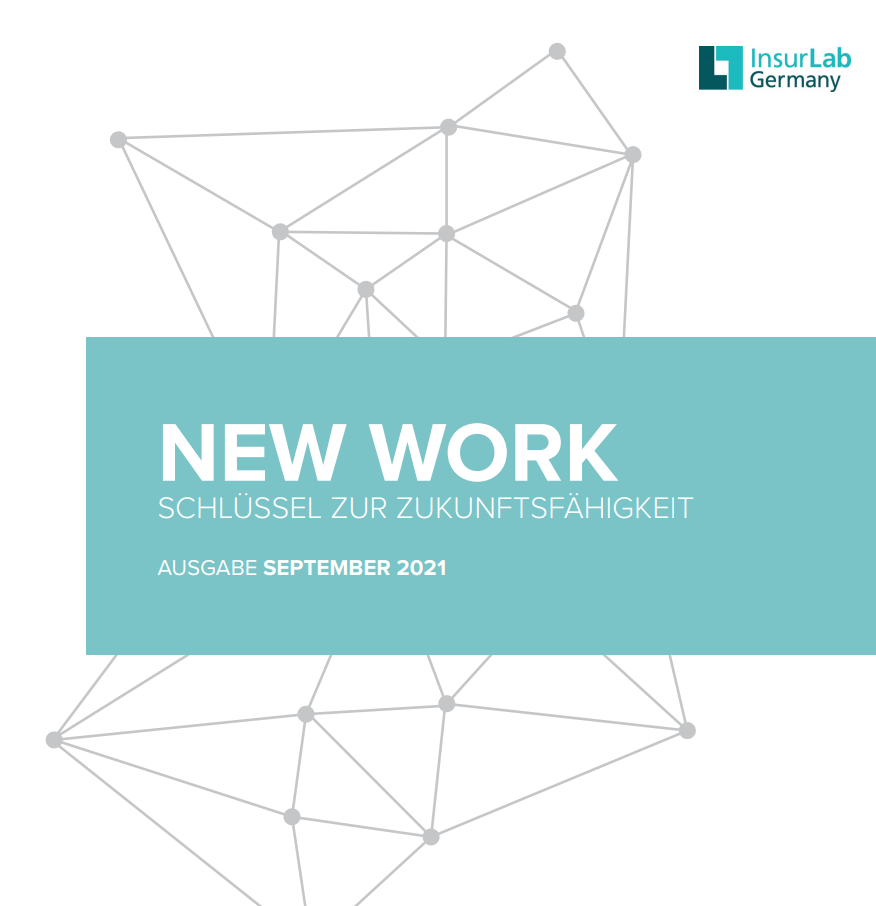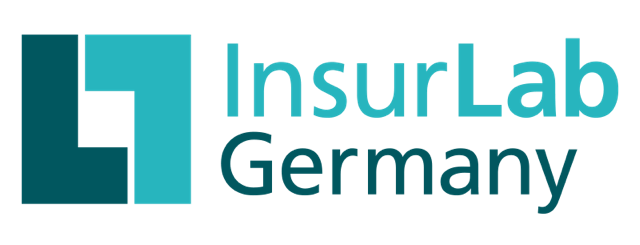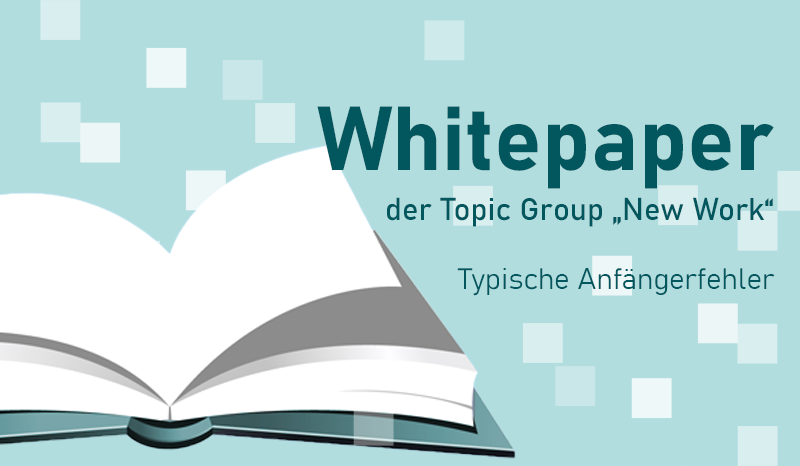The introduction of New Work is essentially a continuous and very fundamental change process that affects large parts of the company. It is therefore inadequate to view New Work one-dimensionally as the implementation of modern technology, the conversion of parts of buildings, or only the composition of work groups. The change process affects the areas of bricks, bytes, behavior and processes, and above all leadership. What typical mistakes do we observe?
A classic: communicating to the company that everything before was bad and therefore must be changed as quickly as possible. Of course, the urgency for change must be demonstrated. But radical breaks without a dialog with the workforce usually cause strong and justified resistance. In most cases, such communication and solo efforts do not lead to the desired long-term goal. In order for the change to succeed in the long term, however, acceptance and understanding for the changes are very important.
Another typical "rookie mistake" is to start the change by reorganizing jobs. Even if new furniture and a futuristic design give the appearance of New Work, the core of new forms of work lies in the corporate culture. If you start at the wrong end, you quickly create the appearance of a modern culture - but people's attitudes do not change. This is a missed opportunity that can only be healed with difficulty afterwards.
While mistakes can be avoided, there are many hurdles to overcome when introducing New Work. It pays to have enough time and patience, because anchoring New Work sustainably in the company is like a marathon. The first hurdle for the introduction of New Work often lies in communicating the reason for new forms of work and winning over the teams as participants. You don't go for New Work because it's trendy at the moment. Reasons for New Work should be openly communicated. In most cases, there are also demands from the workforce that are attractive and can be taken up. This also makes it easier to achieve a joint commitment to implementation.
Another hurdle is to give employees room to try things out for themselves and thus make it possible for them to experience personal responsibility. If command and control is still very much internalized, managers find it difficult to hand over responsibility. On the other hand, former managers miss the supposed clarity of hierarchical instructions. Empowerment and self-organization must be learned step by step. Otherwise, an excessively harsh shift from micro-management to employee responsibility can lead to excessive demands and rejection. Particular consideration must be given to older generations here, as they have often been accustomed to the previous form of work for many years. However, consideration does not mean formulating exceptions. Rather, managers are called upon not to give up at the first or second attempt in their search for suitable supportive measures.
Furthermore, for sustainable change, it is important to do basic work in advance and not just to combat emerging symptoms. Regulated framework conditions must continue to be established. These replace previously rigid rules and prevent possible negative side effects. One example of this is the dissolution of boundaries in the working day; introducing New Work is a collective learning experience. The problem of long lunch breaks or the feeling of being constantly available will arise again and again. It is therefore important to engage in a continuous process of joint reflection in order to find the right individual answers for the people and the organization. Here, the targeted use of coaching at all levels of the workforce can create the necessary space for pausing and learning.
Understanding New Work as a change process that starts in the minds of leaders and employees is one of the most important ways to avoid obstacles. Likewise, hurdles are part of any change and are an important part of the agile and iterative learning process. Initial mistakes can be avoided and healed with some groundwork, patience and trust in your team as well as in yourself.

This article is an excerpt from the white paper "New Work: Key to Future Capability", which was set up by our Topic Group of the same name as part of the topic "Digital Transformation >New Work<". Download now!

will take over
heads the Change Management department at Roland Rechtsschutz-Versicherungs-AG. In this role, he is responsible for shaping the "New Normal" and, together with the MOVE transformation team, for cultural change within the company. Before joining Roland, the former product and innovation manager worked as a research assistant at Heinrich Heine University in Düsseldorf, among other positions. In addition, the New Work expert is a certified systemic coach, resilience trainer, Scrum Master and Product Owner as well as a certified online trainer, innovation facilitator and facilitator.

Stefan Schmid
is Senior Corporate Manager at InsurLab Germany and in this role deals with the innovations and innovation needs of the insurance industry. In his role, Stefan coordinates event content, topic groups and projects of InsurLab Germany and participating partners with the aim of strengthening innovation and cooperation in the industry.


